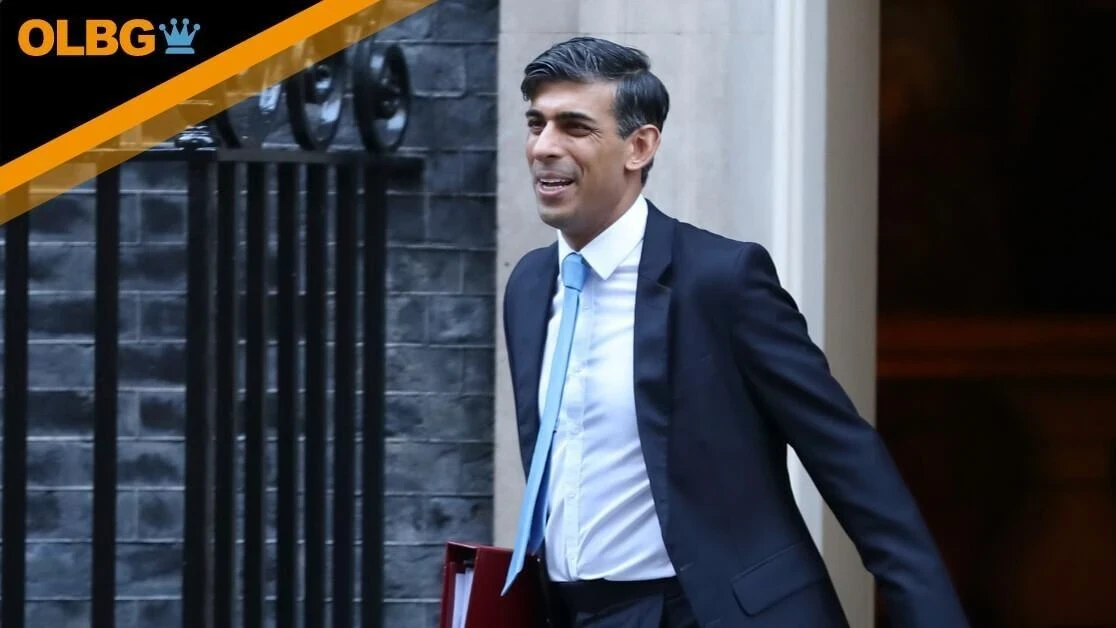
I've spent over 20 years inside the betting industry. I'll guide you to avoid the hype, ignore the noise, and steer clear of the common pitfalls that catch out everyday punters.
The Ayes have it: A comprehensive survey on UK politics and gambling
Shortly before the July 2024 General Election (GE), several members of the Conservative party were suspected of using insider information to place bets at political betting websites on the date of the UK General Election.
Ultimately, due to journalistic work by The Guardian and a joint investigation between The Met police and the Gambling Commission, nine politically exposed persons (PEPs), seven Met police officers and a member of Rishi Sunak’s security team were all suspected of potentially using online betting sites for illegal gambling.
Suddenly, the papers were full of a betting scandal that affected England, Wales, and Scotland, as well as politicians across the spectrum, from Conservative to Liberal Democrat, as well as a Conservative member of the Welsh Senedd.
While there are laws governing the declaration of any conflict of interest for PEPs, too many slipped through the cracks in this instance, resulting in difficult questions for those suspected of insider knowledge.
But what impact did the scandal have on the perception of both our politicians and the gambling industry? OLBG, with help from YouGov, surveyed the UK public to find out.
The survey delivered some crystal-clear results: Fully three-quarters (76%) of respondents think those working in politics should be banned from gambling on politics altogether.
Furthermore, if caught using insider information to bet on politics, nearly half of respondents (46%) think they should be permanently or temporarily banned from public office, with one-quarter (25%) supporting a lifetime ban.
The results are fascinating.
Key findings
60% believe that politicians should be made to disclose their gambling activity publicly
76% would support a ban on those who work in politics from betting on politics
69% said they would feel more negatively about a politician who placed a bet using inside information
60% of young people [18-24] believe the Government should be doing more to reduce gambling-related harm
34% of those aware of the betting scandal were less trusting of the former Conservative government as a result of the scandal
27% think that Labour will be no better at governing gambling than the Conservatives
Full disclosure: the political kind
On the topic of politics and gambling, transparency seemed important for the majority of survey respondents, with 60% believing that politicians should publicly disclose their gambling activity. One-fifth of respondents (21%) weren’t sure if they agreed with this, and a similar number (19%) said they should not disclose it.

This time, it’s the public banning the politicians
More than three-quarters (76%) said that politicians should be entirely banned from betting on politics, with more than half (46%) in support of barring politicians from any future public office if they break the ban.
However, whether in favour of an outright ban or not, nearly 70% (68.5%) of respondents said they would think more negatively about politicians who used insider knowledge to place bets on political events or topics.

Harm reduction and political parties
Reducing gambling harm is a significant objective of the Gambling Commission and must be taken seriously by all UK licensees. It was also a key consideration of the Conservatives’ recent White Paper review of the 2005 Gambling Act.
Despite this, 60% of young people (18-24) believe the Government should be doing more to reduce gambling-related harm.

Keir & co versus the previous government
While the new Labour government is expected to continue the work of previous administrations regarding gambling regulation, it has now been two months since the Labour party was elected with a landslide majority. So far, the government has remained tight-lipped on the topic, although Baroness Twycross was appointed Gambling Minister in July.
The election betting scandal caused some reputational harm to the former government, with 34% of those aware of the scandal admitting to be less trusting of the former Conservative government as a result. This figure included 30% of Conservative voters in the 2024 election.
However, Labour will still likely have their work cut out, as respondents didn’t differentiate vastly between the parties: just over one-quarter (27%) think that Labour will do no better than the Conservatives in handling gambling.

CEO summary
Thank you for coming along with us on this journey to survey the public and ascertain their views on the oft-confusing crossroads of politics and gambling.
Methodology
Editor’s note: All figures, unless otherwise stated, are from YouGov Plc. Total sample size was 2,273 adults. Fieldwork was undertaken between 15th - 16th August 2024. The survey was carried out online. The figures have been weighted and are representative of all UK adults (aged 18+).
The survey was conducted using an online interview administered to members of the YouGov Plc UK panel of 185,000+ individuals who have agreed to take part in surveys. An email was sent to panellists selected at random from the base sample (2,273 UK adults) according to the sample definition, inviting them to take part in the survey and providing a link to the survey. (The sample definition could be “UK adult population” or a subset such as “UK adult females”).
YouGov Plc normally achieves a response rate of between 35% and 50% to surveys however this does vary depending upon the subject matter, complexity and length of the questionnaire. The responding sample is weighted to the profile of the sample definition to provide a representative reporting sample. The profile is normally derived from census data or, if not available from the census, from industry accepted data.
YouGov plc makes every effort to provide representative information. All results are based on a sample and are therefore subject to statistical errors normally associated with sample-based information.
OLBG has teamed up with YouGov this year to create a quarterly population survey on the topic of gambling.




